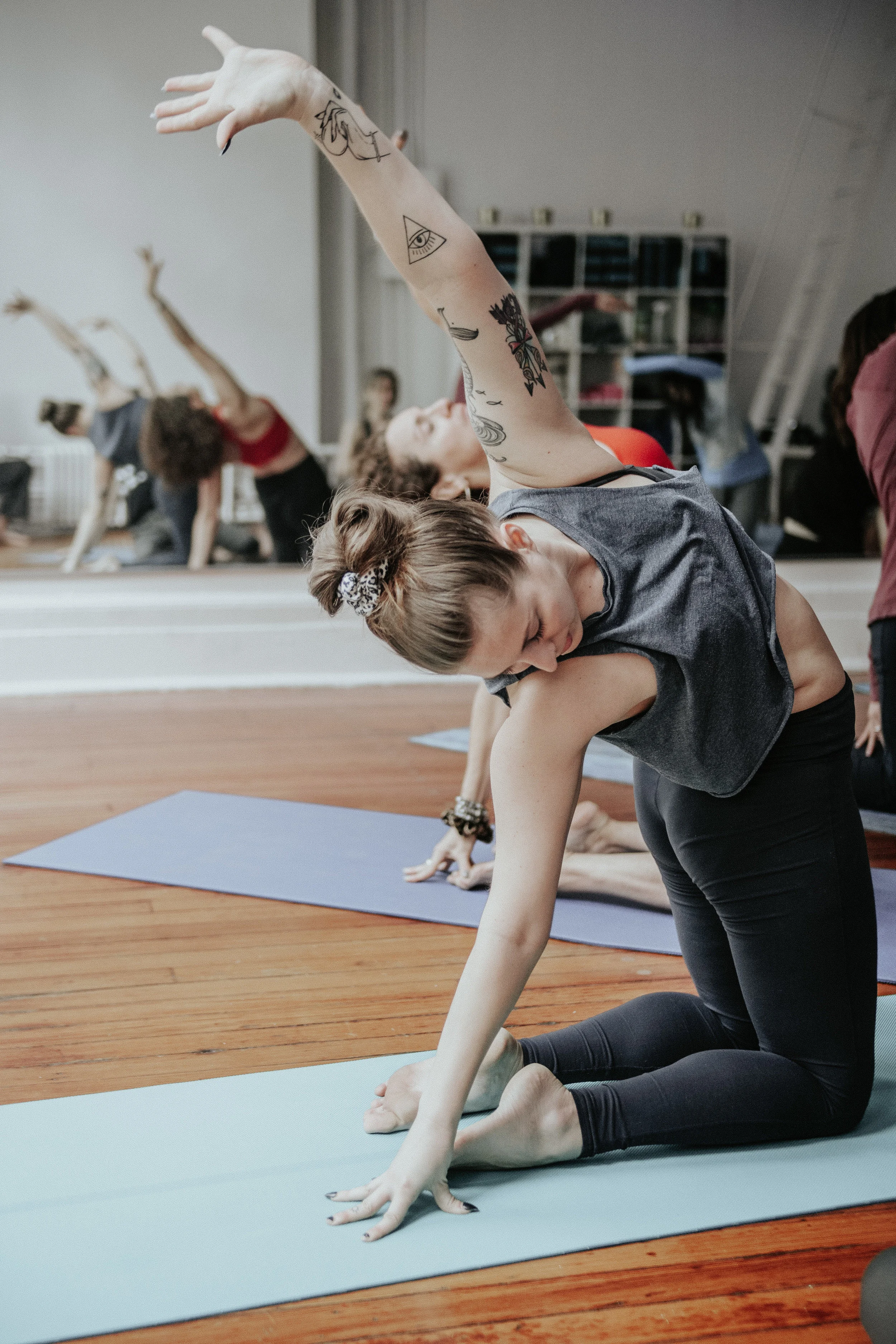Custom Collaborative
Jun 24, 2019
The fashion world, ethical or otherwise, is difficult to navigate, especially if you’re a woman. For immigrants or low-income individuals, the odds of succeeding in fashion can seem even more insurmountable — which is why Ngozi Okaro created Custom Collaborative.
Because of her height, Okaro gets many of her clothes custom made and altered. She discovered that the women creating and modifying the clothes were often from other countries, and weren’t being adequately rewarded for their skills. So she decided to create a resource to empower immigrant and low-income women because they arguably face the most adversity in the states, but have just as much creativity, clout and worth.
The New York nonprofit empowers women to make a profession out of their passion though business and entrepreneurship courses. 80% of their participants live below the poverty line, but by learning standard techniques and ethical business practices, Custom Collaborative helps them gain financial autonomy while taking on meaningful fashion jobs.
Their course is 30 hours a week for 14 weeks, and covers everything from sewing to pattern making. Participants also develop a business plan that utilizes sustainability in some way. To add to the mindful nature of the program, all the materials used for training are donated and repurposed.
And the support doesn’t end after the program is over. The women can continue to foster their skills through the nonprofit’s Business Incubator. This allows them resources to market their wares, get jobs through independent designers, or feature their work in Custom Collaborative’s own line. They also manage a worker-owned cooperative comprised of Custom Collaborative graduates. The cooperative accepts manufacturing orders and sells made-to-measure clothes to individuals clients.
Those who want to can help support their efforts in a multitude of ways, from donating online to offering up dress forms and sewing machines to volunteering to speak or teach. Okaro also encourages people to help stimulate the growing sustainable fashion scene by shopping mindfully.
“I suggest pausing to breathe before buying. After that breath, look at the label — what is it made of? And look at the price tag — is it possible that the maker and everyone else in the chain was paid a fair wage?” she explained. “Finally, how much joy will you get out of wearing it — will you wear it many times, is it made well enough to withstand many wears?”
More about Custom Collaborative can be found on their website.





